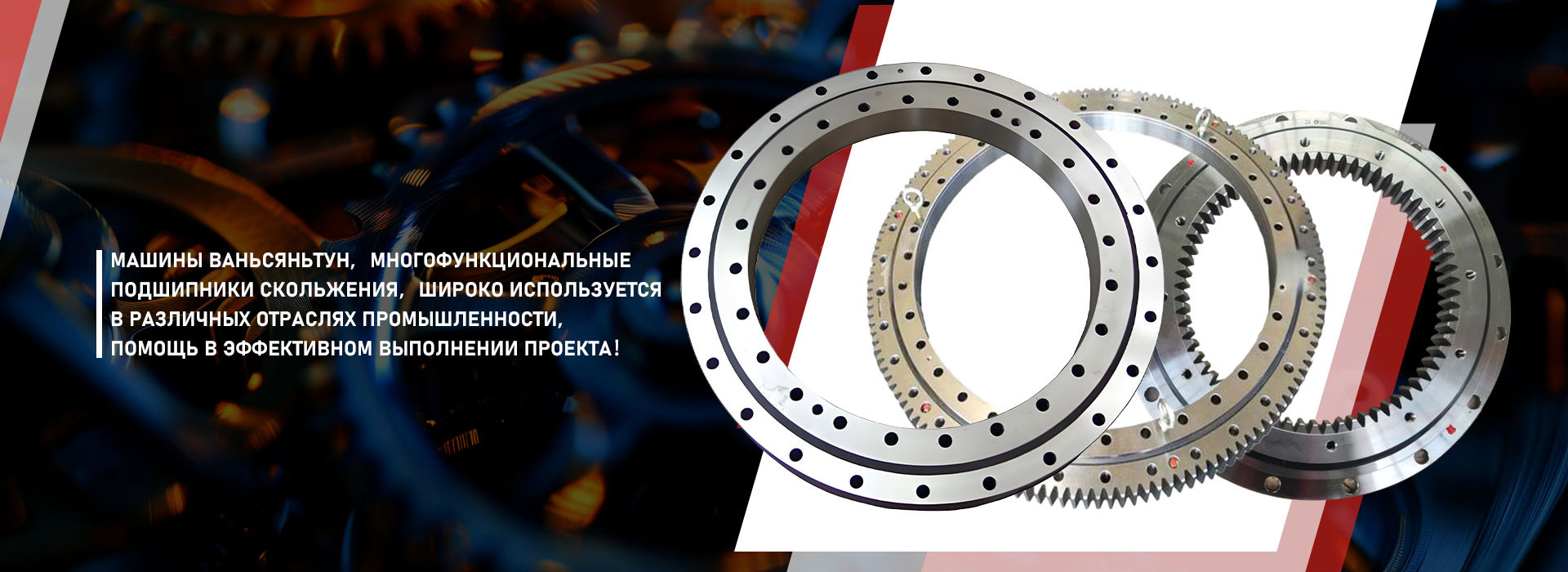
Mechanical processing of products
Mechanical processing of products
Mechanical processing is a process by which parts of the desired shape and size are created from the starting material (metal, wood, plastic, etc.). Imagine a piece of metal - rough, uneven, not suitable for use. Mechanical processing is like a sculpture where the master, using tools, removes excess, giving the metal the desired look.
The main stages of processing
The process of mechanical processing includes various operations, each of which performs its own task. For example, using a lathe, you can make a cylindrical part, and the grinding machine will give it smoothness and necessary accuracy. In addition, milling (to create complex surfaces), drilling (to create holes), and other types of processing are often used. Each stage requires certain skills and tools. Each operation is a step towards creating a finished product. Different tools and technologies are selected depending on the material, shape and complexity.
A variety of tools and machines
Tools and machines used in mechanical processing are diverse and specialized. From simple hand tools to complex automated machines with CNC. A hand tool is suitable for small volumes of work, for example, processing small parts. Automated CNC machines are powerful machines that work according to a pre -programmed algorithm, allowing you to perform complex operations with high accuracy and speed. The combination of manual tools and modern machines allows the master to work quickly and accurately, providing high quality of the final product. Progress in this area allows you to process increasingly complex forms and materials.
Quality and control
The quality of the processed part directly depends on the accuracy of the operations. Therefore, quality control at each stage of processing is very important. This allows you to identify and fix errors, provide the specified sizes and geometric parameters, and, ultimately, get a high -quality finished product. The use of measuring tools, such as micrometers, allows you to monitor the accuracy of processing and compliance with the specified parameters. Any production process, from small repairs to large -scale production, needs quality control. Thus, machining is not just a set of operations, but a thoughtful process of creating high -quality parts.
AppropriateProducts
Corresponding products
The best soldproducts
The best -selling productsConnectedsearch
Related search- 5-high-speed VAZ manufacturers in China
- The countries-buyers of the gear of the crankshaft VAZ 2114 in China
- Chinese suppliers of ship support devices
- The main countries of cheap generator bearings
- Suppliers of spare supporting devices on goat cranes
- OEM reversal prices
- Leading buyers of steam gear oem
- Manufacturers of the gear gears from China
- Cheap crankshaft gear 2110 prices
- Cheap price of front wheel hubs














